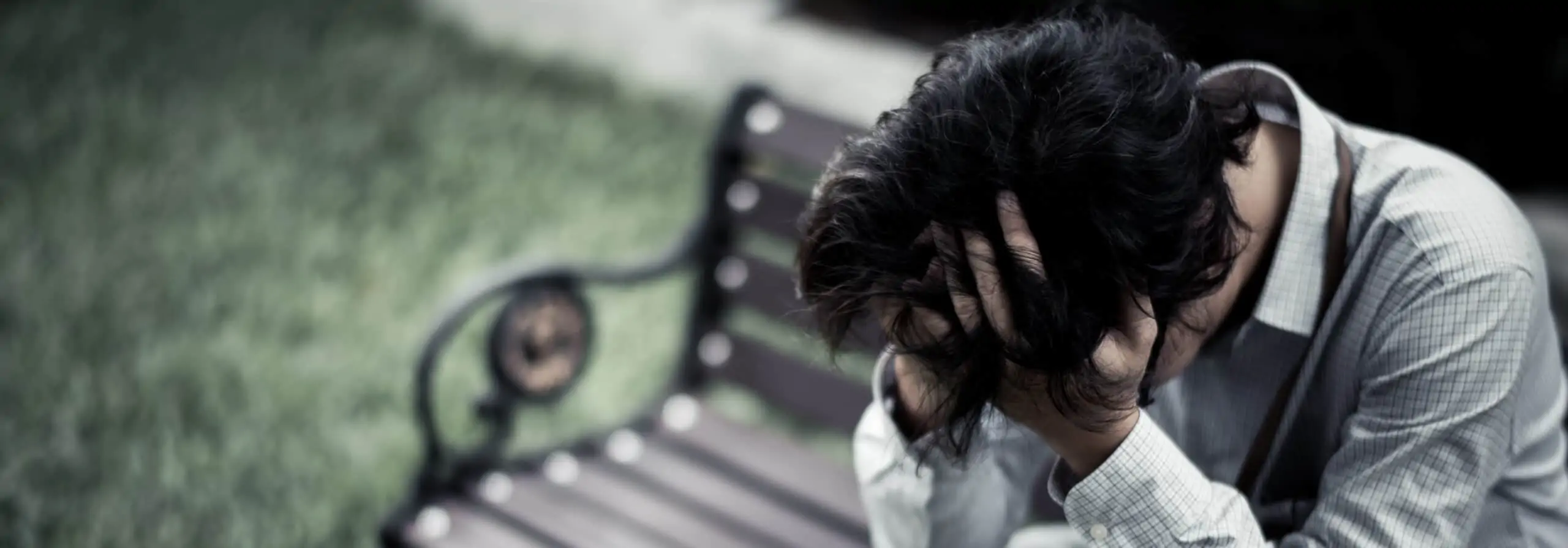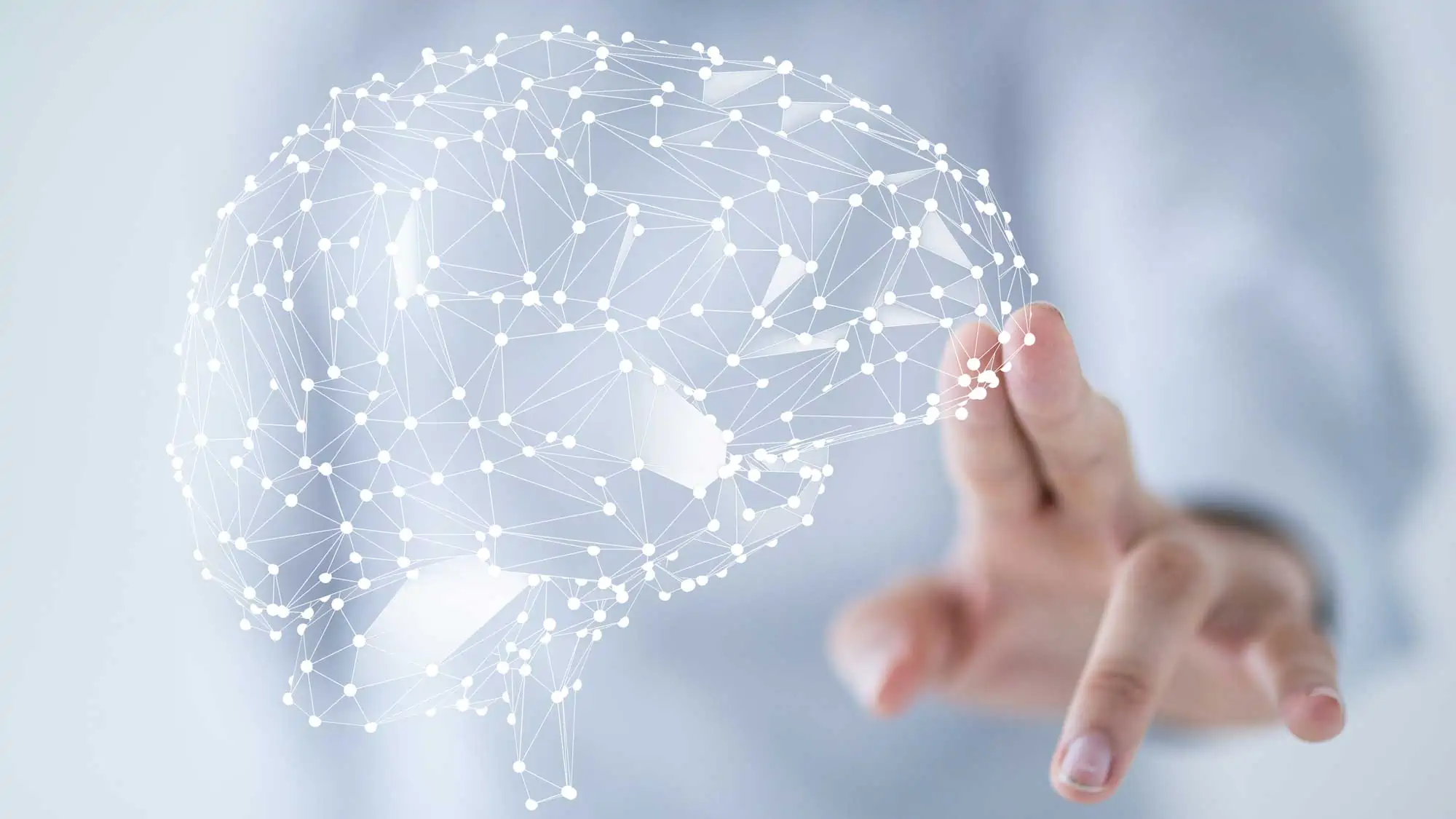Obsessive Compulsive Disorder

Individuals with obsessive-compulsive disorder (OCD) experience anxiety due to thoughts, urges, or mental images that repeatedly occur. These obsessions can make a significant impact on a person’s relationships at school and work. Compulsions are the repetitive behaviors a person with OCD engages in that are linked to obsessive thought patterns.
While most people have repetitive thoughts or habits that are completely normal, people with obsessive-compulsive disorder have these obsessions and compulsions continuously throughout the day. These experiences are beyond their control, interfere with life, and steal joyful moments. Some OCD clients may also suffer from motor tics — sudden, brief, repetitive movements, such as blinking, grimacing, shrugging, and jerking the head or shoulders. Individuals with vocal tics may repeatedly clear their throat, sniff, or grunt.
Mental Health Disorders
Common obsessions:
- Having aggressive thoughts toward yourself or others
- Needing things to be in a perfect or symmetrical order
- Being constantly aware of automatic functions like breathing or blinking
- Worrying about getting hurt
- Fearing contamination from exposure to germs
- Having taboo thoughts involving religion, sex, or harm.
Common compulsions:
- Washing your hands or cleaning excessively
- Checking the stove and doors repeatedly
- Arranging and organizing things in a precise way
- Counting the same items over and over
- Fearing physical contacts like touching hands, doorknobs, or public sinks
Headwaters helps people recover who are living with OCD and addiction.
We understand that many people with obsessive-compulsive disorder don’t want to engage with tasks like the ones listed because they are aware their habits and thoughts make little sense. They engage in these tasks because they cannot stop doing them. At Headwaters, we know symptoms of OCD may appear, disappear, ease, or worsen. Avoiding certain situations that trigger their obsessions is a coping mechanism, as is turning to alcohol or drugs to suppress thoughts and feelings. While substance use may initially mask obsessive-compulsive disorder symptoms in the short term, using substances can exacerbate symptoms and disrupt supportive relationships.
Complex addiction requires integrated treatment
Headwaters offers clients comprehensive programming with the necessary therapeutic resources to heal physically, mentally, and spiritually. Living with obsessive-compulsive disorder may increase the likelihood of developing a substance use disorder – and the opposite is true.
Every client at Headwaters is provided with an individualized treatment plan that considers the body, mind, and spirit. At Headwaters, we offer a comprehensive behavioral health assessment to ensure that OCD and substance use disorders are treated simultaneously.
Our primary therapists conduct a thorough assessment and customized treatment plans that meet every client’s unique needs. A client’s disorder must be treated simultaneously, in the same location, and by the same treatment team. Our expertly trained professionals address OCD through multidisciplinary, medically intensive programming. Our medical professionals meet daily to discuss and collaborate on solutions that improve outcomes and quality of life.
A comprehensive treatment plan includes:
- Evidence-based therapies
- Medical care and appropriate medication
- Psychiatric services
- Case management
- Family educationand programming
- Spiritual care services
- Life skills training
- Planning for ongoing care
Headwaters Center for Brain Recovery
Co-occurring disorders like obsessive-compulsive disorder can influence and exacerbate addiction, making treatment more challenging. The Headwaters Center for Brain Recovery (CBR) addresses brain health with targeted, evidence-based therapies.
The Headwaters CBR program was specifically designed to acknowledge the relationship between addiction and mental health disorders and to treat both concerns at once. We offer rigorous psychological testing such as:
- Personality Inventory for DSM-5—Brief Form (PID-5-BF)
- Millon Clinical Multiaxial Inventory (MCMI)
- Central Nervous System Vital Signs (CNS VS)
- Minnesota Multiphasic Personality Inventory-2 (MMPI-2)


You Can Recover
At Headwaters, we understand that co-occurring mental health and substance use disorders impact one another and must be treated together. Recovery is dependent upon therapeutic intervention for mental, physical, psychological, and spiritual well-being combined with long-term support. You can go on to live with hope and courage. Personalized, intensive, and integrated treatment is the key.
Call Headwaters today at 561-270-1753.
West Palm Beach, FL 33407
Follow Us On:

